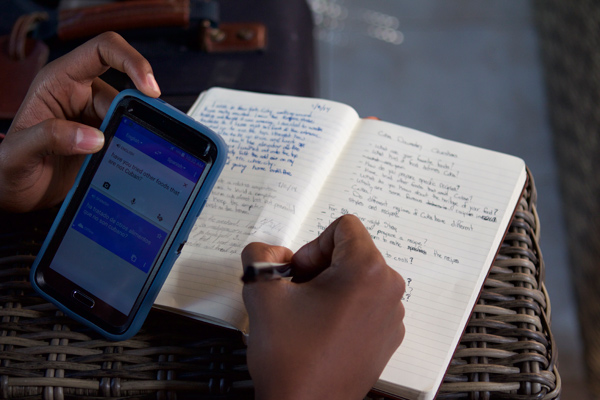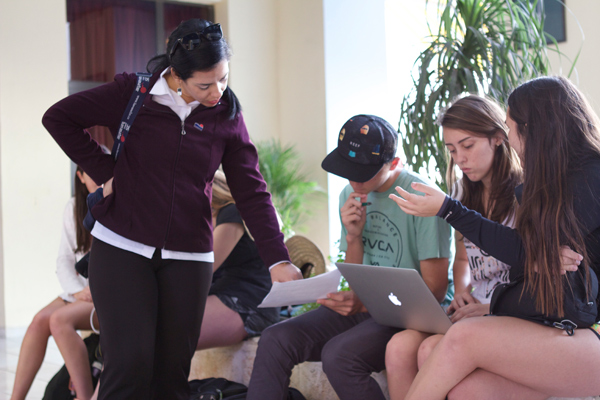Three Ways Mistakes Will Make Your Broadcast Program Better
One of the greatest fears we have as journalism advisers is that of making mistakes. So much is on the line with legal and ethical concerns, technical elements of broadcast, and knowing that our reputation is on the line with every show.

But nothing has ever been gained by playing it safe. You owe it to your students and yourself to take risks and not be afraid of making mistakes. Let me be clear: you shouldn’t encourage mistakes, only to not be afraid of making them. We don’t want to be reckless either, and instead look to the creative ways we work and tell stories as a place to take risks. Here are three ways that mistakes will make you and your program better.
Willingness to make mistakes
- Let go: be a public forum for student expression and let the students make all content decisions. Students will make mistakes for sure, but with your guidance they will rise to meet the challenge.
- Go live. No more recorded newscasts with the safety net of editing. This saves tons of time and creates a unique energy unmatched by recorded shows. Of course there will be imperfect shows, but the pressure is on to do it right from the beginning.
- Establish a culture that welcomes mistakes. Reward experimentation and risk-taking, and avoid punishment (grades, comments) that serve only to maintain the status quo.
Making mistakes
- Choose fresh story topics that no one has done before. It’s easy to get stuck in a rut because a certain type of story or production process is easy and familiar.
- Experiment with your equipment–create assignments where students are forced to play with all the features of your cameras and mics. See what happens when when you change settings.
- Make controlled mistakes: practice and drill before it really counts. Debrief to see why mistakes were made and how to fix them.
Anyone who has never made a mistake has never tried anything new. – Albert Einstein

Learning from mistakes
Mistakes are good only if you learn from them.
- Learn to identify what is truly a mistake, and what is merely a different way of doing something. Is it always bad to have lens flare? When is it ok to use jump cuts? What if you told a story backwards?
- When you make factual mistakes, own up to them. Publish corrections in your show and website that follows the corrections policies in your staff manual
- Review and evaluate all work consistently. There are a lot of ways to grade broadcast stories, but be sure to give timely feedback.
- End of semester self-evaluations: have the staff discuss their strengths, weaknesses, and long-term goals.
There’s a way of playing safe, there’s a way of using tricks and there’s the way I like to play which is dangerously where you’re going to take a chance on making mistakes in order to create something you haven’t created before.–Dave Brubeck
Notice that there’s a pattern in all of this: mistakes occur when you take risks, and allow room for the most courageous and creative work to be done. Both of these are the traits of a good broadcast journalist. More importantly, you will empower your students by giving them your trust to make important decisions, and the quality of their work will improve.





